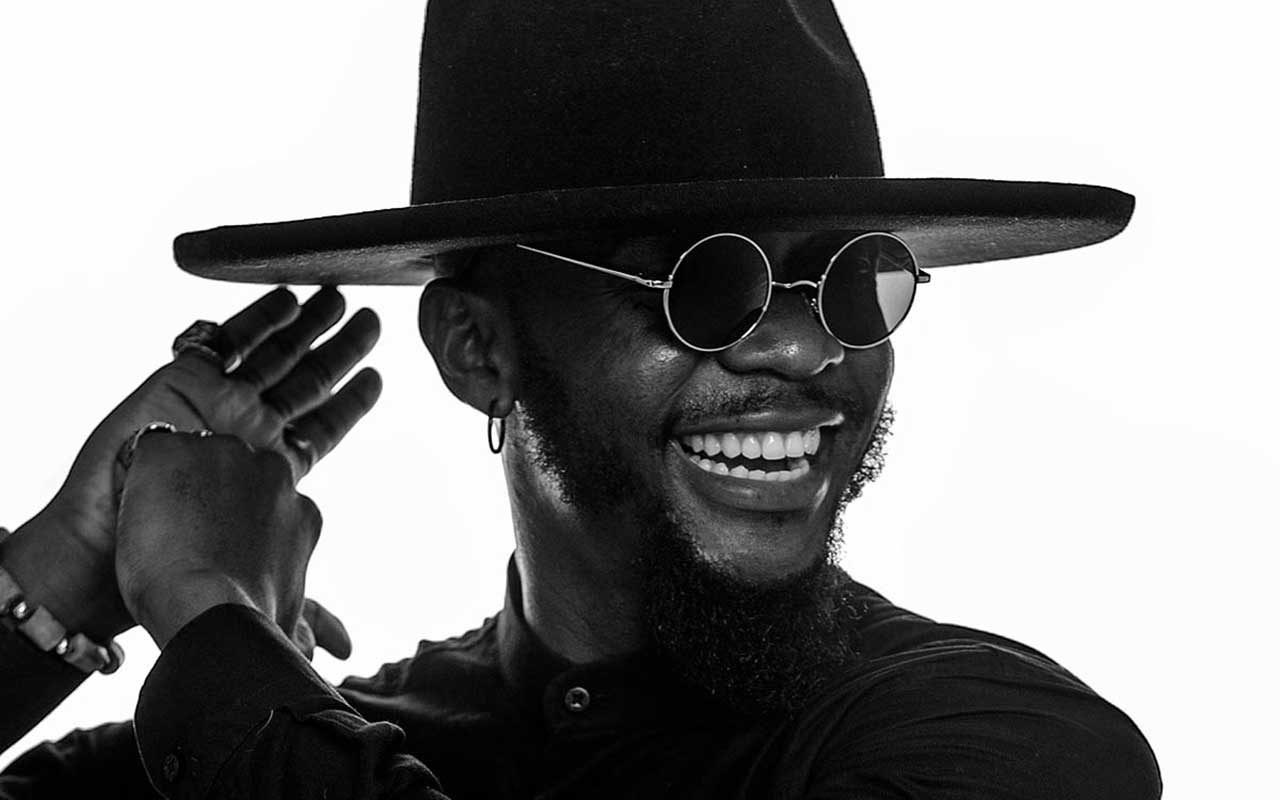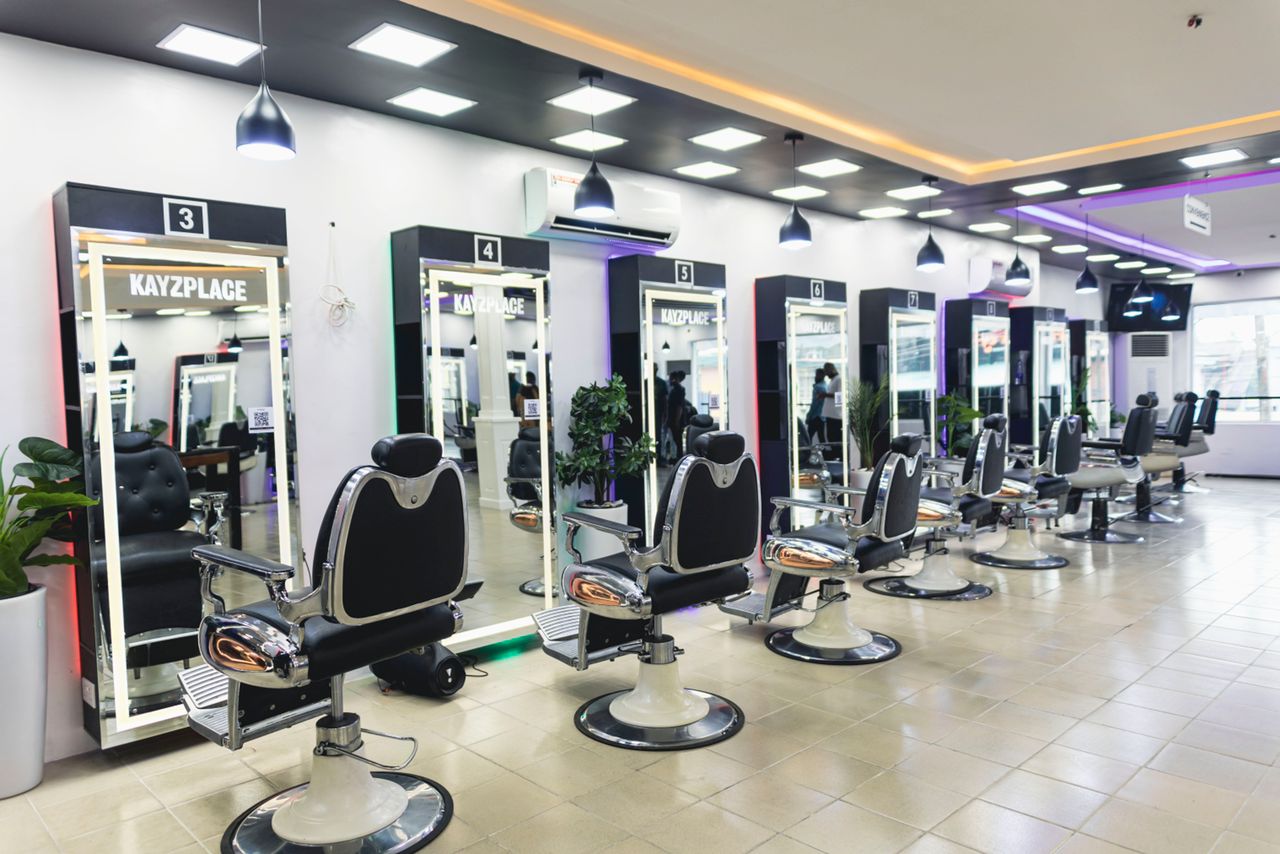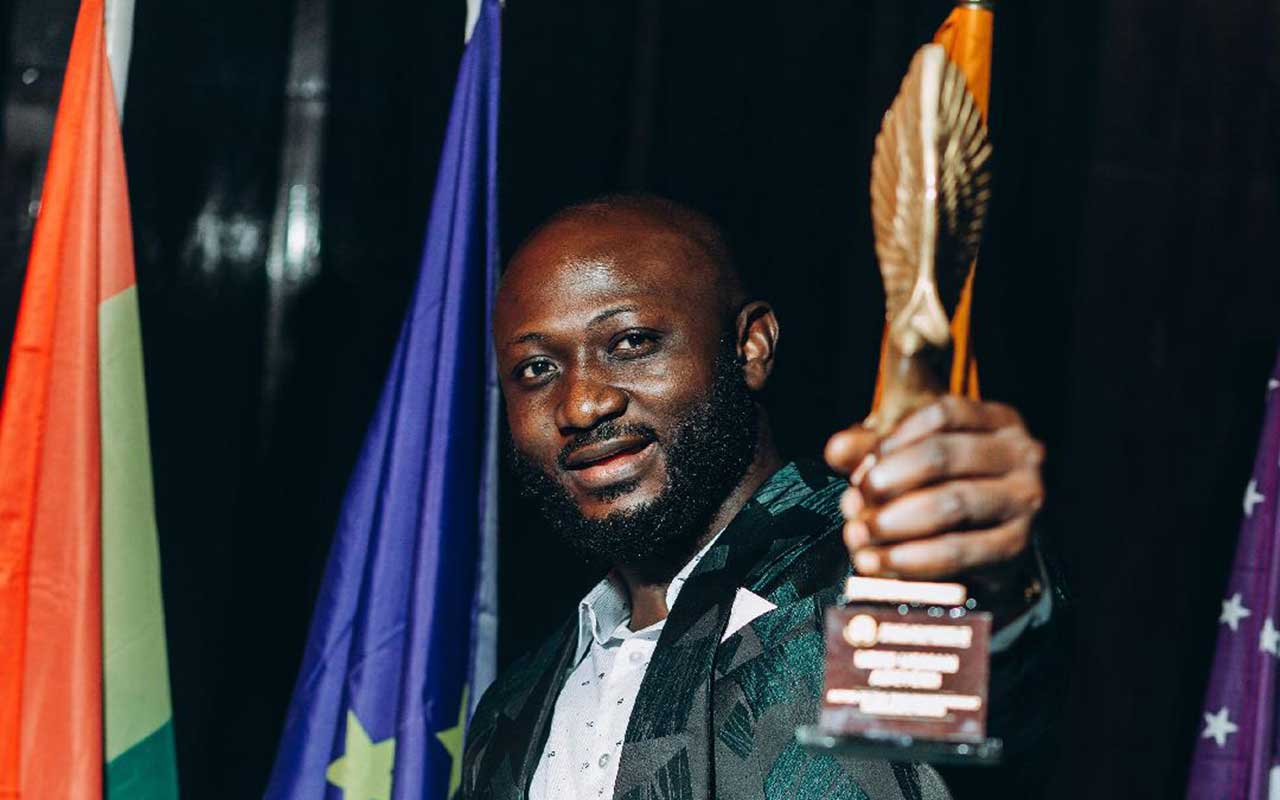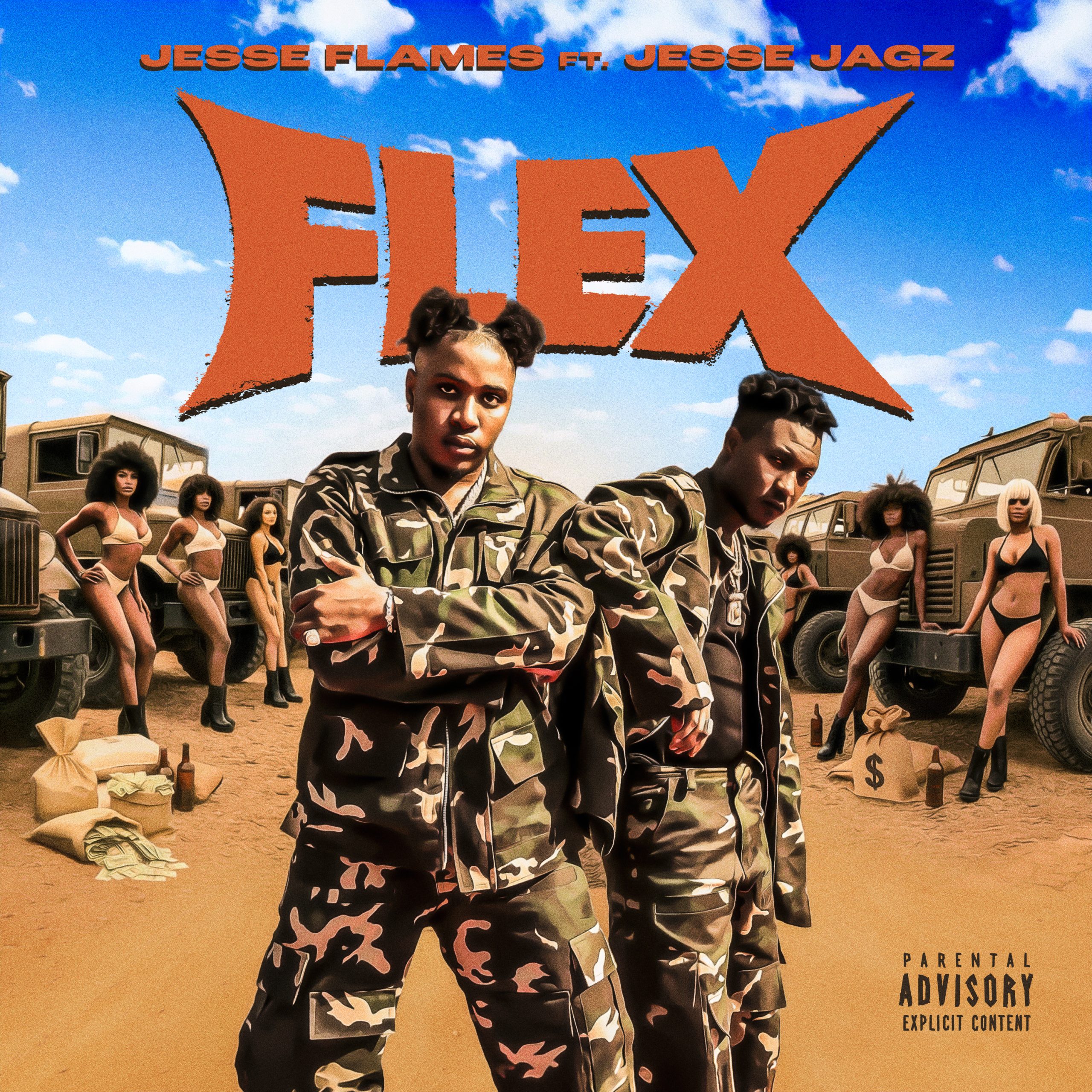 Frank Ileogben, popularly known as iTom or eFkay, is a communications and brands’ specialist. He has been in the creative space since 2014. He spent most of his early years in Benin City, where he had his primary and secondary school education. He has a master’s degree in public health and environmental microbiology from the University of Benin. In this interview, which first held in May 2023, and now rejigged, he told GREGORY AUSTIN NWAKUNOR reasons for his foray into the creative sector.
Frank Ileogben, popularly known as iTom or eFkay, is a communications and brands’ specialist. He has been in the creative space since 2014. He spent most of his early years in Benin City, where he had his primary and secondary school education. He has a master’s degree in public health and environmental microbiology from the University of Benin. In this interview, which first held in May 2023, and now rejigged, he told GREGORY AUSTIN NWAKUNOR reasons for his foray into the creative sector.
Who is Frank iTom?
“MY name is Frank Ileogben, I hail from Owan West in Edo State, and I am the last of four children. I spent most of my early years in Benin City, where I had my elementary and secondary education. I’m a creative story teller, creative director and also a content creator. I’m 37 years old and have been a content creator for four years now,” he says. “I attended the Delta State University, Abraka. I gained admission in 2003 and graduated in 2007.”
He had worked as a communication specialist and manager for an energy firm, Sahara Group and also Ikeja Electric Distribution Company. Now, he is a content creator.
Frank iTom?
iTom as in iPod, is an acronym he has adopted in the course of doing his work, means: ‘I am The Only Me’. He became active in social media 2020, though he had been on social media before then. He started with Facebok, before joining Instagram in 2015. He started by posting random things; then, in 2018, he began to post once a month. In 2020, he did a viral content, and since then, he has been trying to maintain his weekly posts.
He continues, “I’ve been a content creator for four years now. I began than journey in April 2020 during lockdown. I joined one of the social media challenges that time and it blew up. I had just about 2,000 followers on instagram. A lot of people liked it. People kept reposting it. I got a lot of engagement from that. I just continued on that part. This has led me to where I am today and to where I have relatively, across media platforms, about I.5 million followers.”
Content is driving the growth and success in creative market, as it is the only thing that distinguishes one media company from the other. But as they seek to become the go-to destinations for their intended markets, the platforms are provided with two profound choices: deliver daring, unconventional or original local stories to thrive, or continue to serve content that forces viewers to turn off their subscriptions.
The content creator is currently involved in an online video editing programme. He had started a YouTube channel to host contents on travel, dance. Later, video editing tutorials were added. Before the tutorials, he had a lot of people asking him how he makes his video, so, he felt the need to create a channel where he will be posting content on how he uses apps and software to create amazing videos.
For him, video editing has its perks. He believes the biggest challenge lies in the time it takes to create one video: from idealisation, conceptualisation, shooting and editing. He could get so busy with work, family, that editing a video becomes a difficult. Therefore, phone apps come in handy.
He says: “The course is available online. It is a digital course. You will be seeing more of me on YouTube. Anyone who pays can have access to it. That went life end of March 2024.”
What inspired the course?
He answers: “It is a desire for more people to learn how to improve their craft, in this case, editing. I always get request from people on how I do the videos that I post on my social media page. It’s been a long time, however, I just thought this is the right time to show and teach people how we create things and how we do seem less transition. These could be people, who are just starting their creative journey and those who want to improve their editing skills or anyone who wants to pick up new skills. Video editing targeted markets at the creators’ economy. It is one of the sought after skill in our time. Those are the reason we sought to create a course that will help people improve their skills.”
For him, video editing has its perks. He believes the biggest challenge lies in the time it takes to create one video: from idealisation, conceptualisation, shooting and editing. He could get so busy with work, family, that editing a video becomes a difficult. Therefore, phone apps come in handy.
On his transition from science to art, he says it was more as a passion. From a young age, he knew he was interested in the arts. He used to watch Michael Jackson, Usher and just be mesmerised by how their legs moved and how they were doing what could be called seem less choreography.
Sometime in 2005, he dabbled into dancing when he was in school at the Delta State University, Abraka. “I joined a dance group in school. It was a gospel dance group. We did everything to make sure that our dance had a message. We made sure our dance told a story. That has been with me since when I was dancer and now. One of the most difficult tasks is to come up with a theme but also a way to pass a message. It was not just dancing but a way to pass a message to people who are going to watch us dance,” he explains.
During his service year in 2008, he found himself working for a multimedia company in Anambra State and that was the beginning of his journey in graphic design.
He says, “when I graduated, and did my master’s degree, I was still dancing. I parted ways with my dance group shortly after my master’s and I began my journey into graphic design. I started to play around graphic design at a time. I took it more seriously in 2014 when I moved to Lagos.”
From graphic designs, he moved into communication, and grew in the line of PR communication and then, found himself in content creation of the economy.
He says, “what we do is basically storytelling and no matter how you look at it, everything one is telling a story. Everything is telling a story. What we do is to find creative ways to tell brand stories. If brands have a message, especially when they have campaigns, I mean they have message to pass out to an audience, when they come to a creator like me, they are hoping that I will pass their message in a way that their audience understand, and not just my audience, other audiences, when they come across the video, they easily understand. It is all about brand alignment.”
He continues, “aligning the brand that is coming to you, their messages, and how you find yourself in the alignment of the brand. How you are able to use the creativity to channel that brand messages. Through entertainment, information, education and in a creative way that captures people’s attention. So far, I’ve worked with Meta, Tik Tok, Coke, I have also worked with international brands like Nike, Guinness, Schweppes, Budweiser, Standard Charter, NBL quite a number of brands.”
According to him, “what I have discovered about International brands is the opportunity to do much more, because they are very big and they have the capacity to take up much more in terms of scope, remuneration, these big brands already have the capacity to do those things. They are also able to meet certain demands in terms of how you want the project executed. They are not limited by anything. Sometimes, they have also to be considerate in their scope of ideas because creativity knows no bound. You can be as creative as you want to be. It is dependent on whether you are able to match that level of creativity with resources available. So far, the local brands that I have worked with have not had much problems, it is just that the international brands have capacity to do more.”
His newest project is I-Tom Movie Club. There are many reasons to this. He like, many Nigerians, is crazy about the Nigerian home made movies popularly called Nollywood. Nigeria is one of the world’s fastest-growing entertainment and media markets with so much potential. From music to the movie industry, the country’s flag is raised high on the international scene with international artistes and investors closing mouth-watering deals and blockbuster Nollywood movies making waves.
The film industry in Nigeria has seen significant growth in recent years, and the rise of streaming platforms is one of the major reasons behind this growth. The streaming platforms have not only provided a new way of distribution but have also helped in increasing the reach of Nigerian films to a global audience. The industry is estimated to be worth $5.1 billion, making it a significant contributor to the country’s economy.
Although the first Nigerian films were made in the 1960s, it wasn’t until the 1990s and 2000s that the industry blossomed, as filmmakers took advantage of digital technology and Internet distribution.
In 2021, there were a total of 68 movie theatres in Nigeria. Most of them situated in Lagos. Indeed, the South West has around 35 per cent of all cinemas in Nigeria.
The number of screens is a far cry of what it was in 1972, when are the Indigenisation Decree was issued by the then head of state, General Yakubu Gowon, which led to transfer of ownership of about 300 film theatres in the country from their foreign owners to Nigerians.
At 251, the number of cinema screens in Nigeria pales to insignificance compared to the United States, which has over 40,000 screens, China has over 34,000, and Japan with 5,000.
According to a 2021 report by the United Nations Educational, Scientific and Cultural Organisation (UNESCO), the number of cinema screens in Africa is 1,653, which is one screen per 781,402 in population coverage, compared to the United States, which has a total of 44,111 cinemas, translating into 7,503 per screen.
However, while cinema releases generate more money, compared to the VHS and VCD distribution model, the direct-to-streaming route has put even more money in the pockets of filmmakers.
As alternative to box office release, these platforms commission films to be made, if not, they are acquired: Thus, taking off from producers, headaches of distribution.
Traditionally, filmmakers had relied on physical distribution of their movies through DVD sales, but this method is becoming outdated, as more and more consumers are turning to digital platforms for their entertainment needs.
With over 2,000 Nollywood movies produced yearly, making it the largest in Africa and international distribution, but only very few of them make it to the big streaming platforms. This leaves a large number of other — often smaller — filmmakers without many viable options for distributing their films. While cinemas are an option, foreign movies get more attention in them, taking over 75 per cent of the market share.
To make money in film, before now, you had to go to the cinemas for your films to be screened. You had to pay the cinemas a certain percentage for showing your film as well as the distributors who take your film to these cinemas.
He says, “We started Frank I-Tom Movie Club because I have passionate love for movies. Over the years, I have enjoyed good movies. I have always been fascinated, you know, watching a movie, and you know it is acted or scripted, you are moved to tears, even though it is a true story, but it was acted, but then, you are watching a story that was told by someone.”
According to him, “when I started creating content, I moved into movie reviews. When I watch a movie and I enjoyed it, I share with my audience, and my audience have always enjoyed that. This year, we have decided to take it another step, by bringing people together into a critical space, where we can banter on movies that we love and the ones that we don’t. We review movies and watch movies together. The first hangout held last month in March and it was beautiful. Since then, we have received a lot of requests for the hang out that happens in different states in Nigeria and even Ghana.”
He adds, “one of the reasons for the movie club is to even have conversations and promote our own content, home grown content like Nollywood content because we believe it is even better to have conversations around the industry. The industry is doing well and in our own way we want to make sure that the movie club promotes content. I have a desire to produce my own content, some day.”






